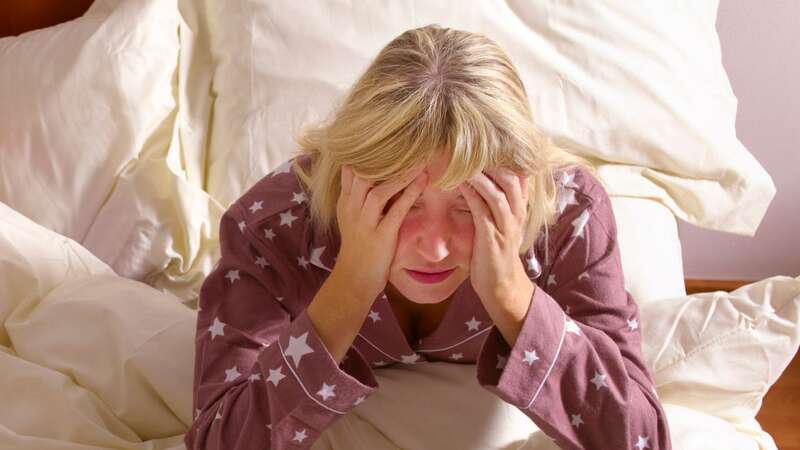
Getting to sleep at night isn't always an easy task, especially if your mind is still racing by the time your head hits your pillow and you can't seem to get it to stop.
Thankfully, there are plenty of things you can do to try and improve your sleep routine, such as cutting down on caffeine before bedtime and trying breathing exercises which many find helpful.
There are also medicines that can help you get to sleep, but according to one pharmacist, these should only ever be used as a last resort - as some of them can actually cause even more problems including nightmares and weight gain.
 Melatonin could also make you put on weight (stock photo) (Getty Images/iStockphoto)
Melatonin could also make you put on weight (stock photo) (Getty Images/iStockphoto)Ian Budd, clinical lead and prescribing pharmacist at Chemist4U, explained that one of the most popular sleep aids involves a synthetic version of the sleep hormone melatonin, which your body produces naturally at nighttime to control how and when you sleep.
However, the synthetic versions of melatonin - which should only be taken for short periods if you're struggling with sleep problems - can be dangerous as they can cause "unpleasant side effects" including nightmares, night sweats, and weight gain.
 Sleep expert shares common temperature mistake that makes it harder to drift off
Sleep expert shares common temperature mistake that makes it harder to drift off
Ian, therefore, recommends consulting your doctor before taking melatonin as a sleep aid.
He said: "Melatonin can be found in a medicine called Circadin. If you've been struggling with your sleep cycle for a while, it's likely you know that melatonin is a natural chemical in the body that helps you to fall asleep.
"But, make sure you know what you're getting into before you pick up your prescription, as Circadin can have some pretty unpleasant side effects such as abnormal nightmares, night sweats and weight gain.
"Sleep aids should only be used as a last resort, after first trying to make some lifestyle changes, such as improving your bedtime routine, cutting down caffeine intake and managing stress. We would recommend consulting with your doctor before using melatonin as a sleep aid to avoid any unwanted side effects."
If you are looking for help getting to sleep at night, Dr Michael Mosley recently shared a series of tips as part of his new podcast, Sleep Well, which is aimed at adults who struggle to improve their sleep.
Each episode of the BBC Sounds podcast is designed to follow a simple, scientifically-proven technique to help you drift off, including breathing techniques, improving your relationship with your bed, and changing your shower routine.
Read more similar news:
Comments:
comments powered by Disqus

































